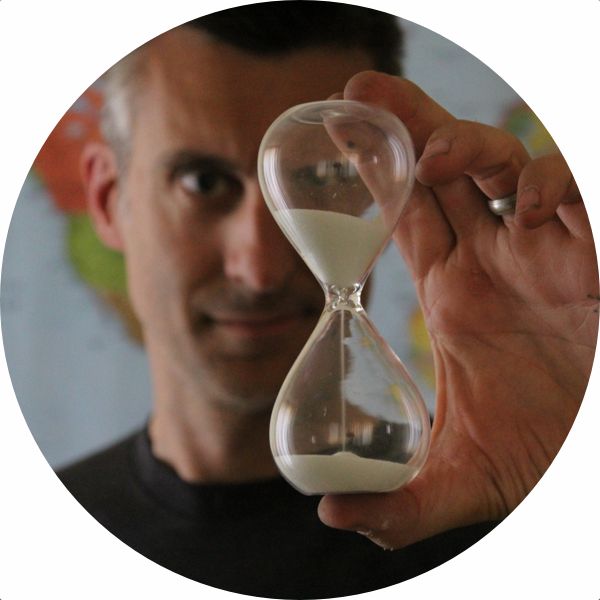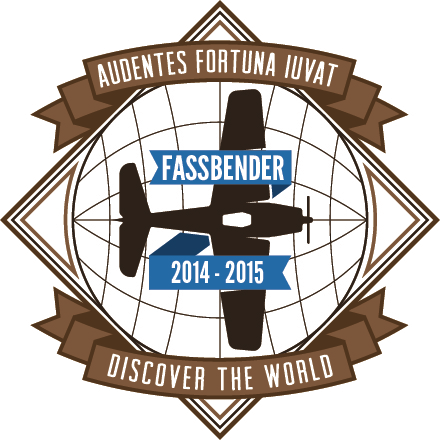Wednesday, 20-05-2015. Day 273.
Tripoints, Tripel, Tricolore
We’d enjoyed our visit to Luxembourg, but the day had come for us to move on (our time in the Schengen Area was limited after all — details on what that all means in a moment). But before we left Luxembourg we had one more place to visit — the small town of Schengen, a short drive to the south and east of Luxembourg City.
Schengen, A Town at the Heart of Europe
Schengen is most notorious among world travelers as the place where the Schengen Agreement was signed on 14 June, 1995. This is the agreement between a number of European countries that set up borderless crossings between participating nations.
Now this is a great thing if you’re European. Conversely, however, it’s a bit of a thorn in the side to us world travelers.
For instance we (as Americans) are limited to 90 days within the boundaries of these 26 European countries, which sort of threw a wrench into our initial plan of a leisurely tour through Europe. This meant we had to leave some countries, like Luxembourg, before we would have preferred to.
Love Locked in Schengen
The Schengen Agreement was signed on a boat floating on the Moselle, right at the tripoint where Germany, Luxembourg, and France meet. And not too far from this tripoint, is where you can find the Europe Museum, which opened its doors ten years after the initial signing of the Schengen Agreement.
The tripoint on the River Moselle.
EuropeAN Museum
The European Museum is all about, as one might expect, Europe. In addition to all the usual trinkets (umbrellas, baseball hats, magnets, coins) sold at such museums, the Europe Museum displays a good history of the European Union and all that went into putting the Schengen Area into effect.
These displays include many relics of the former border-crossing days, like concrete border markers and a display of all the different hats worn by former border guards, as well as a selection items confiscated during border crossings.
Former border marker.
They also show a little video about the Schengen Agreement, but it wasn’t working — at least until our cousin chased down one of the museum employees and asked them to fix it. I’m glad that he did; it was pretty informative documentary. Without it, I’m not sure Samantha would have scored 20 (out of 20) on the museum’s interactive “How well do you know the Scengen Agreement?” test.
They also have a lot of free books about Europe, working in Europe, emigrating to Europe, and what being European really means.
Europe: What's It All About?
And here’s some good news! You don't have to visit the Europe Museum to find out what the place is all about. While Europe: What's it all about? doesn’t seem to be in print any longer, the Publications Office of the European Union has an entire series of papers about all aspects of the EU.
Into France!
Upon leaving the museum, we drove across a little corner of Belgium and headed into France, where we stopped at the small town of Stenay, which just so happens to be where the Musée Européen de la Bière is located. Naturally, we had to give it a look.
Musée Européen de la Bière
It was a little rainy when we parked the car in the lot outside the Musée Européen de la Bière. The brochure we’d picked up in Luxembourg promised a bunch of interactive displays and even some hands-on kid-friendly activities, so we were looking forward to it.
Musée Européen de la Biere
Inside the Musée, we learned about the ingredients of beer and the history of beer and the making of beer and the history of making beer. There was even an extensive display on beer advertising.
Along the way there were plenty of displays of beer-making equipment — both modern and ancient, but the whole thing was a little run down. There were a few interactive displays, but most of them were in a state of disrepair, and none of the promised kid-friendly activities were working nor did they have the proper materials (like paper). In short, the Musée was a bit disappointing. But at least they had a little café where they sold beer.
Houblon (hops) growing at the Musée.
So after we finished walking through the exhibits, we stopped by this café to sample a little of what they offered. While they did have a lot of different beers, mostly from Belgium, they did not have the Bourganel Nougat Beer, which was a bit of a letdown. Perhaps one day ...
Paris
After a small refreshment in the café, we headed back to the car and started the drive across a drizzly France and into Paris. We were staying in an apartment just outside of the city’s main ring.
I wasn’t real keen on navigating through Paris in Persephone, but we needed to for a short while in order to get to our apartment. After negotiating some crazy Paris traffic, we managed to find our Airbnb apartment and somehow wedged Persephone into a (free!) parking spot, where she stayed for eight days.
After we got settled into what would be our home for eight days (it was nice knowing we’d have a good stretch of being rooted to the same place for awhile), we stocked up on some groceries at the local market, came home, made dinner, and went to bed.
Tomorrow promised to be a big day — we were going into the center of Paris to take the Sandeman’s walking tour of the city.

Tom Fassbender is a writer of things with a strong adventurous streak. He also drinks coffee.












